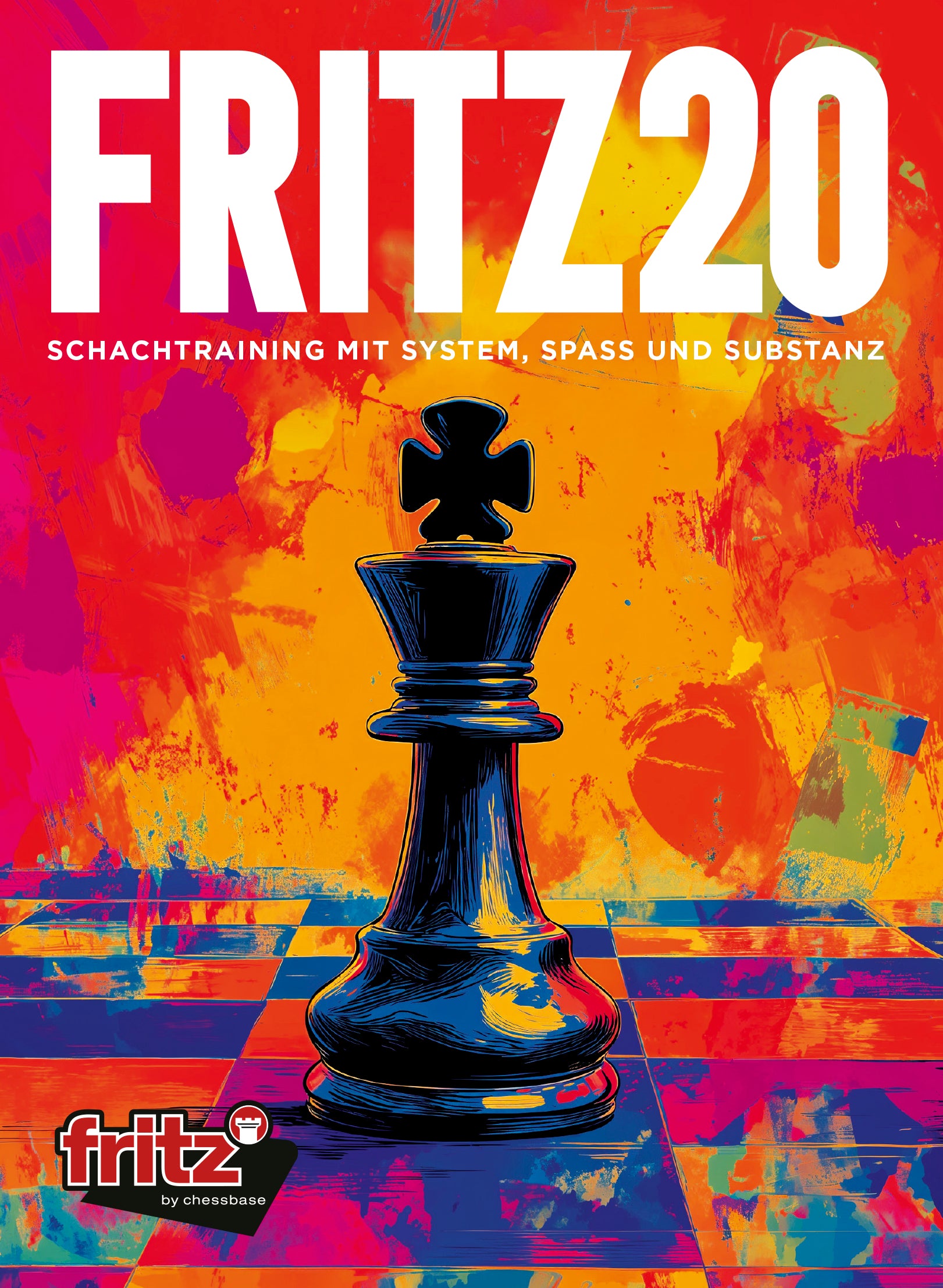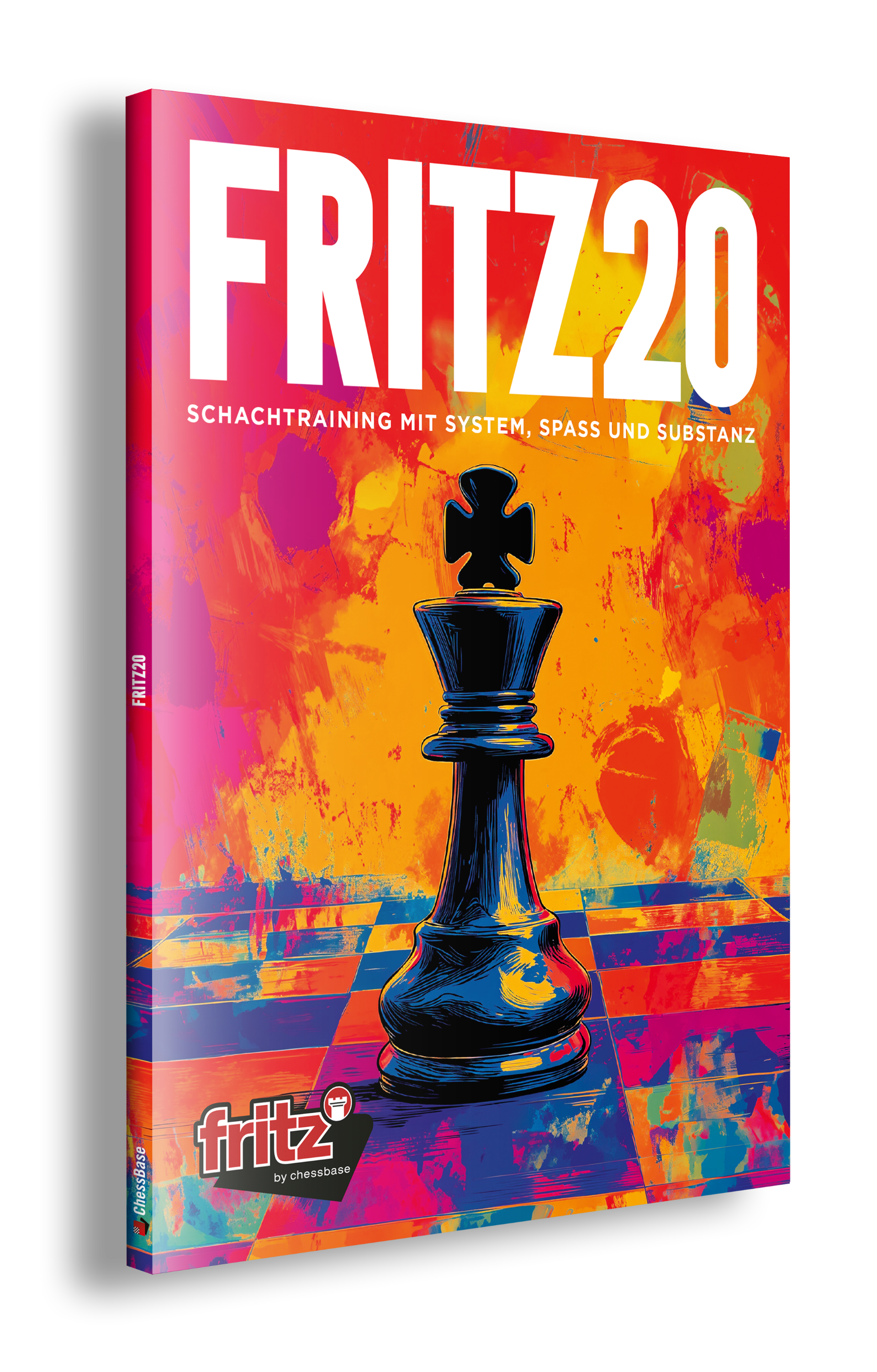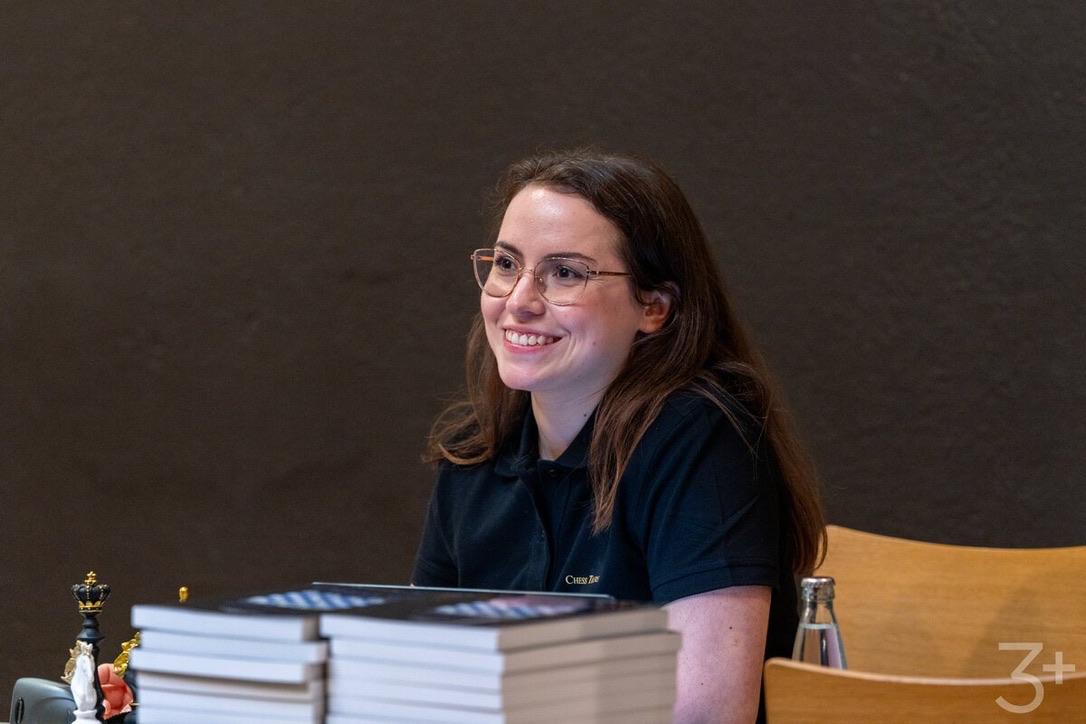Last December, GM Judit Polgar was inducted into the World Chess Hallo of Fame in St. Louis, USA. Well derserved, because she is the strongest female player of all-time and an excellent ambassador of the game. Judit received her grandmaster title at the age of 15 years and four months. In doing so, she broke a record previously held by Bobby Fischer. At the age of twelve, she entered the TOP 100 in the world. Later she made it to the TOP 10 and inspired many people to learn chess.
Nowadays she uses her popularity to bring more women into chess and to strengthen chess as an educational tool in raising children. Chess activist Lilli Hahn (Councilor of the ECU Women´s Chess Commission) interviewed Judit Polgar for the FIDE Podcast on the occasion of the Year of Woman in Chess. The interview is also published in the FIDE Podcast and in the German Schach-Magazin64.
Mrs Polgar, you live in Budapest, a chess stronghold. Is there a distinct chess culture in Hungary?
For me, Budapest is one of the most beautiful cities in the world. Hungary has a great and long-standing chess tradition. There were always very strong players who were at the top of the world rankings. As a child, of course, that was very inspiring for me. You grew up in a unique chess family.
Your father was a teacher and particularly encouraged you in your chess development. Please tell us how you grew up.
When my father met my mother, he was already pursuing this idea of teaching his children himself and training them in a certain matter. I was born as the third child after my sisters Zsuzsan and Zsofia. Both played chess early on. That's why it was completely normal for me to start chess at the age of five and eventually become a chess player.

photo: Judit Polgar Chess Foundation
Your sisters also became excellent chess players. But you became even more successful than the two. How can you explain this difference?
First of all, I was lucky that I was child number three. Because I benefited from my parents' experiences with Zsuzsa and Zsofia. In addition, my sisters helped me a lot. That being said, I'm very competitive and like challenges. Surely I also got a little talent. The many successes I had at a young age have also given me a boost.
There is often a special rivalry between siblings. Was this even more relevant for you because you were also competitors in chess? Or did that even bind you closer together?
We were always good friends and stuck together. I have often asked myself why this was so. I think it was also due to the difficulties in our youth that we overcame together. Starting with the Hungarian Chess Federation, which did not support us at all, to the Hungarian government, with whom we had problems because of home schooling. The resistance our family had to overcome probably bound us closer together. We were there for each other - like in a small startup company.
In interviews you read from time to time that your father invited strong chess players home, who then trained with you and your sisters. Did you have your own guest room for chess players?
Yes, indeed. At that time we all lived together in a small apartment with 60 square meters. There was my parents' bedroom, which was also the living room, and our children's room. And then we had a guest room, which was often used for chess training. It was often the case that my parents just went to some chess tournament and looked for a strong player. They then invited him to train with us. Many of them were simply curious and agreed. Some came back again and again.
What do you think about whether there should be separate tournaments for women?
I have been asked this question for several decades. To be honest, it's very hard for me to give a good answer. Each person contributes his own experiences to such questions and then forms an opinion. My parents never set limits for me. I have been shaped by them to always try to achieve the maximum in chess. In contrast, for many other girls it is self-evident that they automatically play in the girls' competition. For many girls and women, separate tournaments are the right thing to do. But as for the mindset, it is better to always strive for the highest. Really talented girls should therefore not be limited and play in the open class.

photo: Judit Polgar Chess Foundation
So belief in oneself also plays an important role?
Absolute. You know what I never understood? Why many girls have so little self-confidence. They are shy and do not dare to ask questions. And when they get stronger, they rely too much on their coach, for example in preparation for the opening. Boys, on the other hand, dare to ask more. They form their own opinion much earlier and trust their own judgment. And they are often more curious. Curiosity is enormously important to be successful in chess. And in life, probably, too.
Have you ever had problems with your self-confidence?
Not at first, because I always had excellent results. When I later entered the TOP 50 in the world, I realized that I was partially inferior to these top players. This was especially true for the opening. My preparation was often just not so good. Of course, there were also weak moments. But without confidence, you can't perform at your best, no matter what level you're at.
Among other things, you coached the Hungarian national team. To what extent did this sharpen your understanding of chess?
In 2014 I retired from professional chess. In 2015 I became captain of the national team. That was strange at first, because I played with players like Leko or Almasy myself. These people know their opening variants inside out, so I didn't have to help them. My role was more to take care of the psychological aspect and take the pressure off the players' shoulders. I was also responsible for the nominations. Sometimes I made strange and risky decisions from the players' point of view. But just as I play chess, I also acted as a captain. And we were successful.

Judit Polgár vs The World chess record attempt at the Hungary Pavilion, Expo 2020 Dubai (Photo by Christophe Viseux)
Chess style and character, is there really a connection?
I think so. Certainly, there is no one hundred percent agreement. In any case, people often say to me that they recognize me in my chess style.
What was the biggest success of your career?
It's hard for me to answer that because my career has been so long and intense. If I had to pick a single game, it would of course be my win against Garry Kasparov. But there were more interesting chess moments, such as in 1999 against Vishy Anand in Dos Hermanas
(credit: chess24).
In this game I played almost perfectly. A special event was also the Chess Olympiad in 1988, where I played with my sisters in a team for Hungary and we won the gold medal. That's when I met Kasparov for the first time, who watched me play.
Video: Judit Polgar defeating Garri Kasparov
Why was the win against Kasparov so special for you?
There were actually two milestones for me where the whole world was watching me. The first event was when, at the age of 15, I broke Bobby Fischer's record and became the youngest person to receive a grandmaster title.
The second event was the victory against Kasparov. This happened in a rapid chess game in a competition "Russia against the world". Suddenly it became clear to everyone: it is possible that a woman can defeat the world champion. It simply had a strong symbolic effect.
Do you think that a woman can even become world champion in the open section one day?
Maybe not in the near future. But I don't think that would be that important. It would mean much more to me if we had three women in the TOP 10 than one female world champion. Society, parents, coaches – everyone has to be willing to believe that women can compete at the top of the world. And not as an exception, but as a rule. This requires absolute faith and dedication.
You organize the annual Judit Polgar Global Chess Festival. What is this event about?
I want to demonstrate the diversity of chess there. Chess is suitable for all people between 4 and 120 years old. We organize a tournament, simultaneous performances, talent scouting and much more. But we also want to show that chess plays a role off the board. In almost every country in the world, chess is part of the culture. Special attention is paid to chess as a tool in the education of children. We offer various platforms where people can try out the Judit Polgar Method for school children. We also had great things like baking chess pieces with marzipan. The festival takes place both online and in the beautiful Hungarian National Gallery. The mood is always very solemn and positive.

Judit Polgar Chess Festival 2022, credit: Stev Bonhage
You mentioned the Judit Polgar Method - what does it involve?
It´s about the role that chess can play in education today. Many countries have set up programmes for school chess. With my method, we develop materials for teachers. Equipped with this, the teachers can then teach the children the game of chess. The approach is very playful and motivating. In addition, skills such as decisiveness and creativity are promoted.
How did you go about developing this method?
Well, the reason was that my own children reached kindergarten age. Together with my sister, I wrote a small booklet for this kindergarten with pictures, rhymes, etc. Later, we expanded the whole thing and rolled it out together with experts. The focus is on the idea of a chess palace as a starting point for all playful activities. That's why we call it the Judit Polgar Chess Palace Program. This is not about chess itself, but chess as a tool. In any case, it is well received by the students, parents and teachers.
You have also written a three-part autobiography. Did you actually enjoy it?
Certainly, it is more difficult to write about one's own life than to analyze a game of chess. It was definitely a long process. Luckily, my friend GM Mihail Marin helped me with that. By the way, he is such an example of a visitor at our home. I wanted to write a collection of my best games. But it should also be educational for the next generation. That's why I've also included some unreleased training games. In addition, it is also about my life and the question of how it came about that I could become so good. For example, I also picked out some stories from my diary. The emphasis is on my early years, because they shaped me. It was also very interesting for me to look back on my career in this way.
Many young chess fans know you as a commentator on chess tournaments. Lately, you have been seen more often in this function. What do you like about it?
It started with the Carlsen-Karjakin match in 2016. At that time, I was asked if I was available as an expert. I had no idea what to say about a game for six hours. But we had a good team in the studio. As a chess player, commenting is quite interesting, you can understand the emotional state of the players on the board well. For example, how does a Carlsen feel when he is worse off and has to win? I enjoy bringing the audience closer to this psychological aspect. But I also have to adapt. I used to know many players from my active time. Meanwhile, there are many newcomers, especially from India.
FIDE has declared 2022 the "Year of Woman in Chess", but the year is over. What activities would you like to see in this direction in the new year?
There are many things. For example, higher prize funds in women's tournaments. Seminars for teachers, trainers, parents on the subject of mindset. Appreciation for women in chess - not only for female players, but also in other roles. Everyone needs to help everywhere to create a safe environment where girls and women feel comfortable. Complaints from women who are harassed must be taken seriously. Excellent games by women should be given greater prominence. What is also important to me is that girls should not only be inspired by women, but also by men. Female role models are important, but just as essential are men who believe in women's performance. I want to hear their voices louder.
Thank you Mrs Polgar for your time and insights!
Thank you as well.











